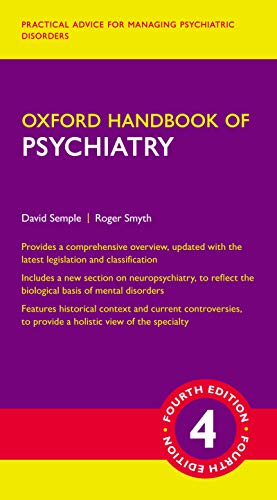Περιγραφή
This may be the single most important book you ever buy during your medical training. Rotations come and go, exams come and go, but regardless of specialty, patient-care will be at the heart of your practice. It is no exaggeration to say that motivational interviewing (MI) has transformed the way doctors engage with patients, families, and colleagues alike. MI is among the most powerful tools available to promote behavior change in patients. In an age of chronic diseases (diabetes, hypertension, heart disease, obesity), behavior change is no longer limited to substance use or the field of psychiatry – maladaptive choices and behaviors that negatively impact health outcomes are rampant. There is an explosion of research projects using MI or adaptations of MI in the behavioral health medicine field in the past decade. Hospitalizations can’t make people change. How marvelous is it that an evidence-based health behavior change approach (MI) can help people change the outcomes of their illnesses and the course of their lives.
This therapeutic approach is not a form of psychotherapy and is not the stuff of cobwebs and old leather couches. MI is readily integrated into regular ward rounds and office visits and provides an effective and efficient approach to patients clinical encounters.
Written by experts in the field and medical trainees across medicine, the second edition of the MI guide explores how MI enhances contact with patients from every level of training, following an accessible, succinct approach. This book covers the application of MI method and skills into practice and also includes numerous clinical scenarios, personal reflections and online animated clinical vignettes (video clips) that share the challenges and successes the authors have focused.
Furthermore this book is endorsed by the pioneers of MI: William R. Miller & Stephen Rollnick.
- Strong emphasis on clinical application, with vignettes and personal reflections as commentary on skills and challenges
- Specialized chapters cover a diverse of topics including Motivational Interviewing in challenging medical encounters, primary care, pediatric populations, family settings, and special populations
- Board-style questions are included at the end of each chapter
- Eight animated case vignettes are included on OxfordMedicine.com, based on actual clinical encounters. Dialogue between a “trainee” and a “mentor” outlining the various Motivational Interviewing skills is included











